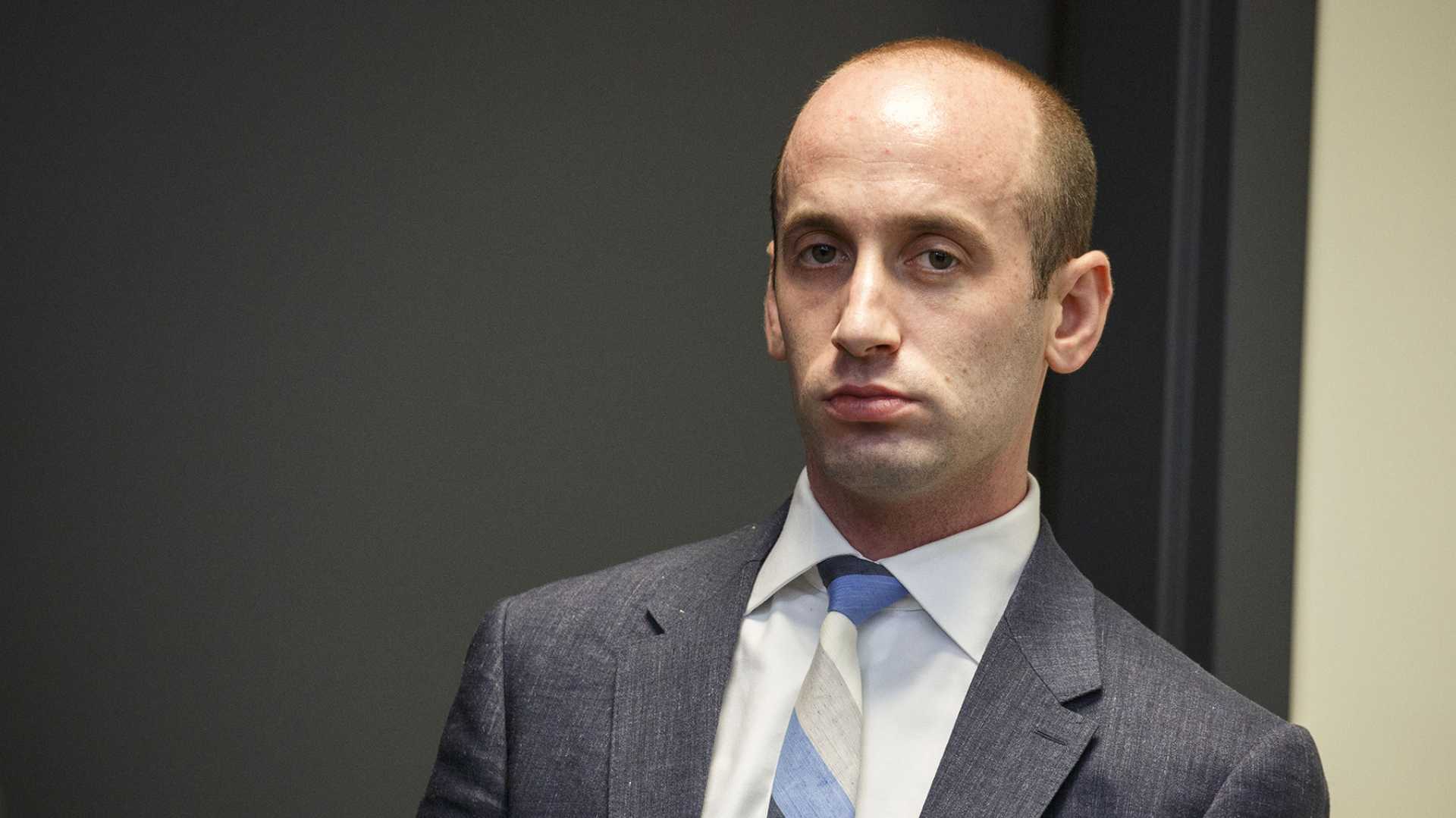Politics
Stephen Miller’s Role in Trump’s Immigration Policies Sparks Controversy and Criticism

Stephen Miller, a senior advisor to former President Donald Trump, has been at the center of controversy due to his role in shaping Trump’s immigration policies. Recently, Miller’s involvement in Trump’s campaign promises, particularly the vow to implement a large-scale deportation program, has drawn significant criticism and scrutiny.
Miller, known for his hardline stance on immigration, was a key architect of several of Trump’s most contentious policies, including the travel ban targeting Muslim countries and the separation of migrant children from their parents. His influence extended to preventing the publication of internal studies that showed refugees had a net positive effect on government revenues.
The proposed mass deportation program, which Trump has promised to implement if re-elected, could cost tens or even hundreds of billions of dollars annually. Miller has suggested that the Trump administration plans to construct facilities to hold between 50,000 to 70,000 people, highlighting the logistical and financial challenges such a program would entail.
Critics have likened Miller’s and Trump’s rhetoric to fascist ideologies, drawing parallels with historical figures like Hitler and Mussolini. The recent Trump rally at Madison Square Garden, where Miller spoke, was compared to a 1939 rally by the American Nazi Party due to the similar tones of ethnic demonization.
Miller’s personal background has also been a subject of discussion, particularly his family’s immigration history. Despite coming from a family of Jewish refugees, Miller’s policies have been criticized for their harsh treatment of immigrants, leading to public repudiation from his own family members.
The use of military personnel for domestic law enforcement, another aspect of Trump’s proposed immigration strategy, has raised concerns about civil liberties and the potential for significant societal disruption. Experts argue that such measures would be a fundamental shift in how the U.S. approaches domestic law enforcement).












